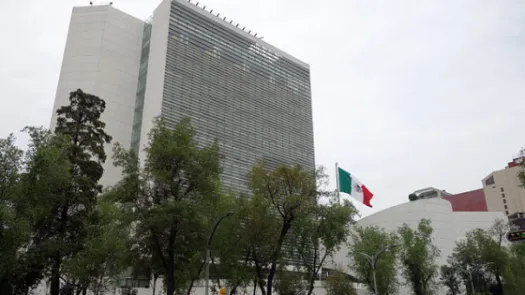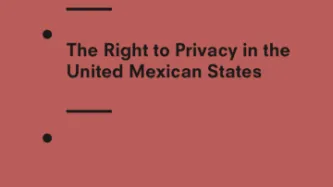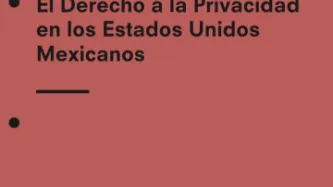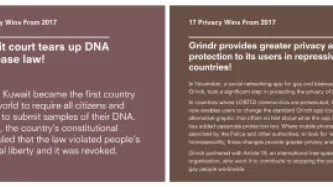The Red en Defensa de los Derechos Digitales (R3D) is a Mexican organisation dedicated to the defence of human rights in the digital environment. It uses various legal and communication tools for policy research, strategic litigation, and advocacy and campaigns, with particular attention to freedom of expression, privacy, and access to knowledge.












